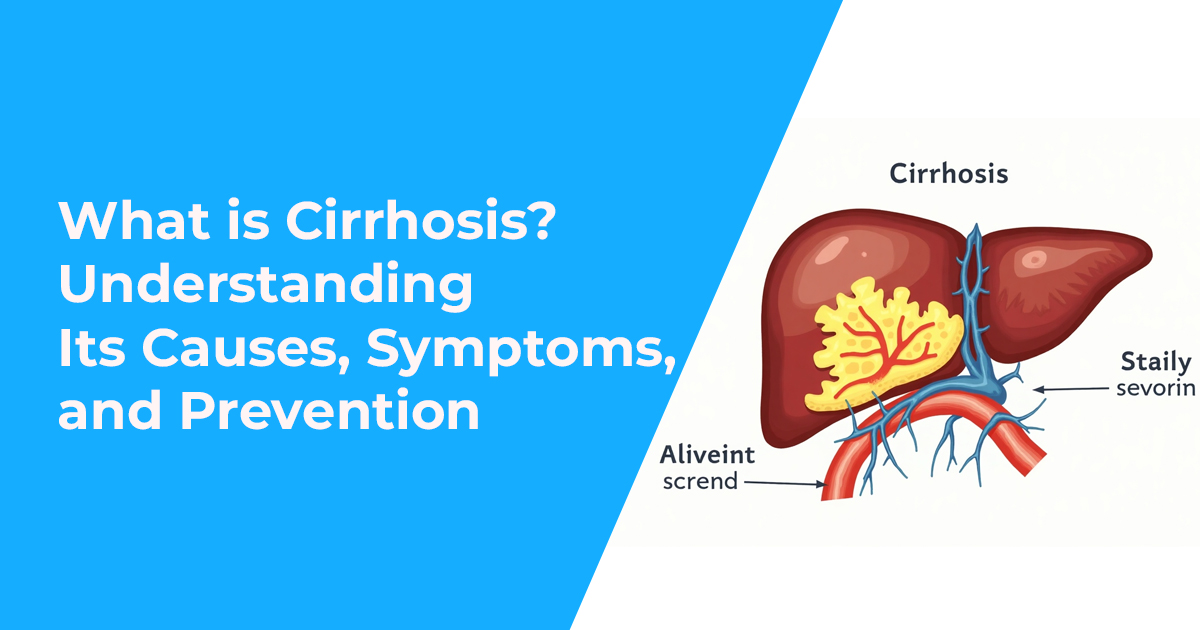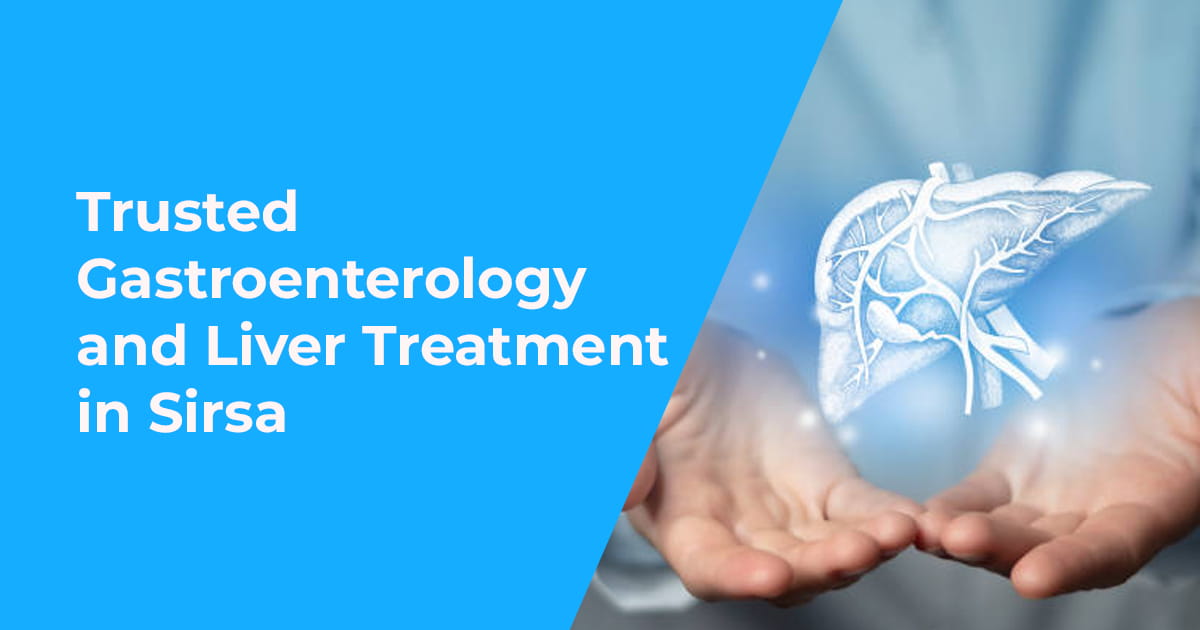The liver is one of the vital organs in the human body, responsible for carrying out numerous essential functions. However, when the liver is severely damaged or fails to function properly, a liver transplant may be the only solution to save a person’s life. You can visit the renowned Liver Hospital in Sirsa, which specializes in liver transplantation and provides the best care for patients with liver diseases. Let’s explore some interesting facts about liver transplants and who may need this life-saving procedure.
Facts about liver transplants:
• Liver transplantation is a complex procedure that requires a multidisciplinary team of experts, including hepatologists, transplant surgeons, anesthesiologists, and specialized nurses. The Jindal Gastro Liver Hospital boasts some of the Best Doctors for Liver Disease in Sirsa, skilled in performing liver transplants with high success rates.
• The success rate for liver transplantation has increased significantly, thanks to surgical techniques, immunosuppressive medications, and post-operative care improvements.
• Liver transplantation is not just for adults – children with liver diseases can benefit from it too. Pediatric liver transplant programs are available at specialized hospitals to provide care specifically for young patients.
• The waiting time for a liver transplant can vary depending on blood type, severity of the liver disease, and availability of suitable organ donors. Living donor liver transplants can sometimes be performed, where a family member or close relative donates a portion of their liver.
Who needs a liver transplant?
Some specific conditions that may necessitate a liver transplant include:
• Cirrhosis: Severe liver scarring caused by chronic liver diseases such as hepatitis B or C, alcohol-related liver disease, autoimmune hepatitis, or non-alcoholic fatty liver disease.
• Hepatocellular carcinoma (HCC): Liver cancer that has not spread beyond the liver and meets specific criteria for transplantation.
• Acute liver failure: Sudden and severe liver dysfunction, often resulting from drug-induced liver injury, acute hepatitis, or other rare conditions.
• Biliary atresia: A congenital condition where the bile ducts are absent or blocked, leading to liver damage and failure in infants.
• Metabolic disorders: Certain genetic disorders affect the liver’s ability to process and store essential substances, such as Wilson’s disease, alpha-1 antitrypsin deficiency, or glycogen storage diseases.
• Primary sclerosing cholangitis (PSC): A chronic disease that causes inflammation and scarring in the bile ducts, leading to liver damage and, eventually, liver failure.
• Primary biliary cholangitis (PBC): An autoimmune disease that slowly destroys the bile ducts in the liver, causing bile buildup and liver damage over time.
Conclusion
Liver transplantation is a life-saving procedure for individuals with end-stage liver disease or acute liver failure. If you or your loved ones are facing liver-related health issues, consult the Doctors for Liver Disease in Sirsa for an accurate diagnosis and personalized treatment options. Remember, early intervention and timely liver transplantation can significantly affect the outcome and quality of life for patients with severe liver diseases.








